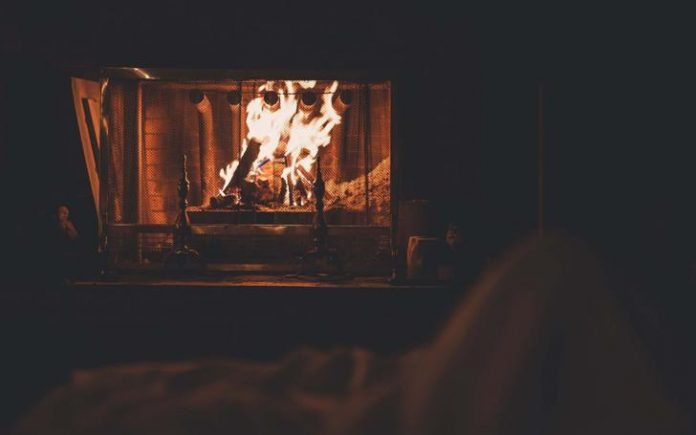Home Heating Costs Everywhere Likely To Rise
Prices can vary by how you heat your home and where you live.
For families that use natural gas, which is roughly half of U.S. households, costs are expected to rise 34% or $243 per month during the winter. Heating-oil households could see costs rise $239 or 13%, and propane-heated households could pay 15% or $241 more on average. Homes using the electrical grid may see the smallest increase of 7% or $86.
These growing costs can be explained by the price of natural gas, projected to rise 28% this winter, due in part to the increased demand in Europe after Russia’s invasion of Ukraine, according to the Energy Information Administration.
Simultaneously, the money from federally funded programs that help low-income households with bills like these have 42% less money this winter after the billions of dollars in COVID stimulus runs out.
Congress allocated $4.8 billion for heating assistance this winter with the Low Income Home Energy Assistance Program. However, this is far less than the $8.3 billion made available last year with the addition of COVID-relief funding.
Some 20 million households around the country are already behind on their utility bills, owing a total of $16 billion in overdue payments—an average of $800 per household, according to the National Energy Assistance Directors Association.
Meanwhile, the White House announced in November that it is distributing $9 billion from the Inflation Reduction Act passed earlier this year to help 1.6 million households upgrade their homes by installing energy-efficient appliances or installing new insulation to lower their energy bills.
Longer term, both the Biden administration and Congress have said they are looking for solutions.
But while you’re waiting to see how the federal government can help, here are some ways you can conserve energy:
Change or clean your furnace filter regularly. Good air flow can maximize the efficiency and life of your furnace.
Turn down your thermostat. By lowering your thermostat 10 degrees at night or when you’re away for at least eight hours, you can potentially save 10% on your heating costs.
Make your home more airtight. Keep warm air in and cold air out. Use caulk or weather stripping to seal any potential leaks around doors, windows or other openings like pipes or ducts.
Keep curtains and blinds open during the day. Allow the sun’s heat to warm your house. Just remember to close curtains and blinds at night so you don’t lose that heat when the sun goes down.
FOOTNOTE: Sydney Byerly is a reporter at TheStatehouseFile.com, a news website powered by Franklin College journalism students.






” Did I do that ? ” said JB .
Comments are closed.